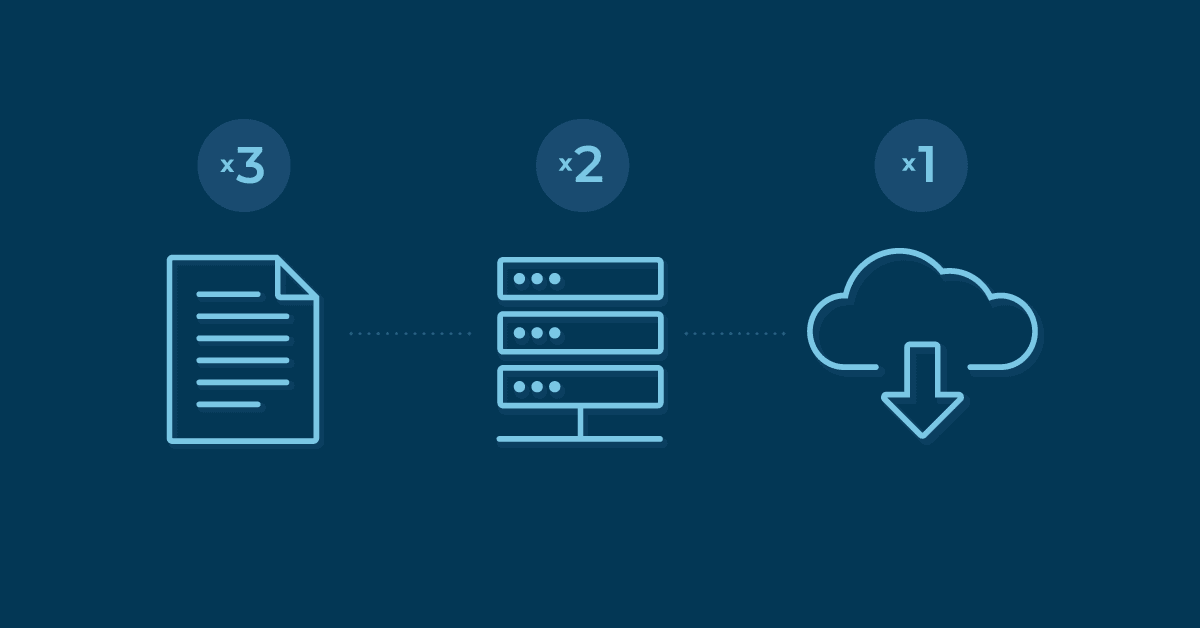Secure Backup Software For Home Users For Experts
Cutting-edge Backup Vs Storage User Experiences
Organizations must overcome the crucial challenge of protecting their valuable information as digital data storage becomes more and more important. By offering safe and easily accessible storage for important data, cloud database backup offers a remedy. We will discuss the advantages and significance of cloud database backup in this article, as well as the best methods for putting it into practice and effectively managing it.
- Knowing how to backup a cloud database
Accessible Remote Backup Windows 10 In 2024
:max_bytes(150000):strip_icc()/how-to-backup-a-computer-to-an-external-hard-drive-5184117-11-73338a1b93454808a3feb155858e8a81.jpg)
The act of storing copies of your database online in a remote server or data center is known as cloud database backup. It offers an off-site backup option that guarantees data redundancy, hardware fail-safeness, natural disaster defenses, and cyber threats.
- Benefits of cloud database backup
Modern Automated Backup Offsite Performance Evaluation
Compared to conventional backup techniques, cloud database backup offers a number of benefits. These consist of:
Data redundancy: By storing data across multiple servers, hardware failures and disasters are less likely to cause data loss.
Scalability: Depending on your needs, cloud backup makes it simple to scale up or down your storage needs.
Accessibility: With cloud backup, any internet-connected device will allow you to access your data whenever, wherever you want.
Cost-effectiveness: Cloud backup makes it unnecessary to spend money on expensive backup personnel, infrastructure, and maintenance.
Automated Backups: By automating scheduling and incremental backups, cloud backup services frequently eliminate the need for manual labor.
Next-gen Backup As A Service Providers Tips and Tricks

- Selecting the best Cloud Database Backup Service:
Take into account the following when choosing a cloud database backup provider:
Cross-platform Backup Solution For Enterprise Recovery Tactics
- Security Measures: Make sure the service provider uses reliable security measures like compliance certifications, access controls, and encryption.
- Reliability: Look for businesses that have a solid reputation for dependability and long-term warranties.
- Scalability: Verify that the service provider provides storage options that are adaptable to your expanding data requirements.
- Data transfer speed: Take into account the provider's bandwidth and network infrastructure for quick and effective data transfers.
- Cloud database backup implementation:
Tailored Online Backup Macbook Air Security Assessment
Use the following best practices to implement cloud database backup:
- Define Backup Policies: Clearly specify your backup requirements, including the frequency, retention, and recovery point goals.
- Encryption: To guarantee the confidentiality and integrity of your data, encrypt it before moving it to the cloud.
- Regular Testing: Verify the veracity and thoroughness of your backups by regularly testing the restoration process.
Implement monitoring and alerting systems to quickly identify problems or failures in the backup procedure.
Create a thorough disaster recovery plan that outlines the procedures for recovering data in the event of an emergency.
Business-oriented Best Cloud Backup For Video User Experiences
- Cloud database backup management

Continuous monitoring and maintenance are necessary for managing cloud database backup. Take into account the following advice:
Innovative Cloud Based Backup For Small Business Data Protection Strategies
- Regularly Monitor Backups: Keep an eye on the backup procedure to make sure it's done correctly and quickly fix any mistakes or failures.
- Review and update backup policies on a regular basis to keep up with evolving regulations and business needs.
- Retention Management: Depending on business priorities and legal requirements, control how long your backups remain in storage.
Implement data archiving techniques to transfer rarely accessed data to cost-effective about his storage tiers while maintaining accessibility.
Periodic Reviews: Review your cloud database backup strategy on a regular basis to spot areas for improvement and make sure it complies with company objectives.
Important Notes:
Advanced Offsite Backups For Business In 2024
Data redundancy, scalability, accessibility, cost efficiency, and automated backups are just a few of the advantages of cloud database backup, which offers secure you could try these out and accessible storage for important data.
- When selecting a provider, take security precautions into account, as well as dependability, speed of data transfers, and reliability.
Creating backup policies, encryption, routine testing, monitoring and alerting, and creating a disaster recovery plan are all components of cloud database backup implementation.
Regularly monitoring backups, updating backup policies, managing retention, implementing data archiving, and conducting periodic reviews are all necessary to effectively manage cloud database backup.
Remember that protecting the sensitive data in your organization requires the implementation of a strong cloud database backup strategy. To guarantee data security, accessibility, and business continuity, embrace the power of cloud backup.
Cutting-edge Smb Cloud Backup Expert Opinions
Key Takeaways or a related phrase:
Data redundancy and protection against hardware failures or disasters are both guaranteed by cloud database backup.
Scalability, accessibility, cost-effectiveness, and automated backups are some of the advantages.
When selecting a provider, take security precautions into account, as well as dependability, speed of data transfer, and scalability.
- Adopt best practices like encryption, regular testing, monitoring and alerting, disaster recovery planning, and backup policies.
Monitoring backups, updating have a peek here policies, managing retention, putting data archiving into place, and conducting periodic reviews are all components of effective management.